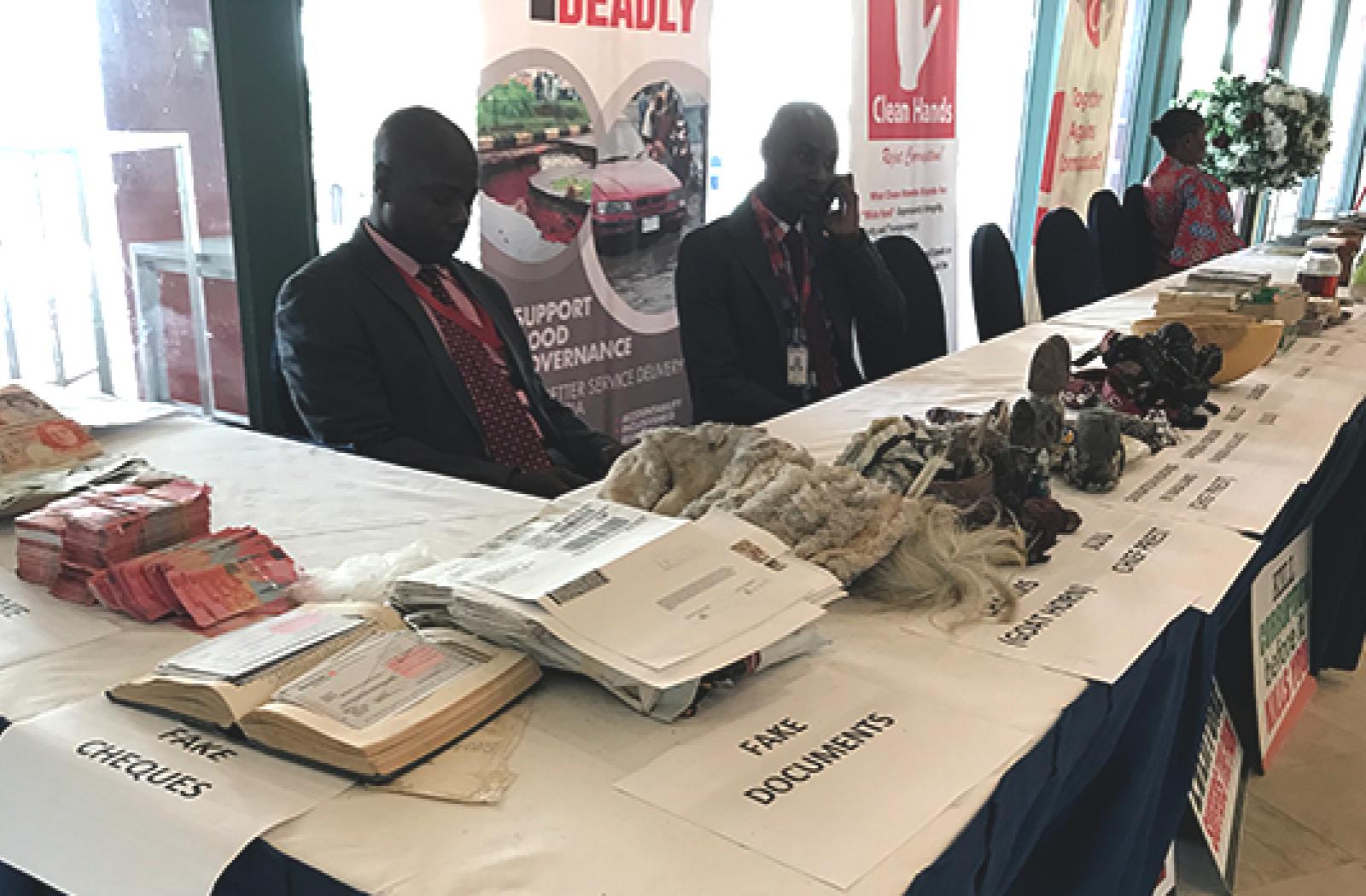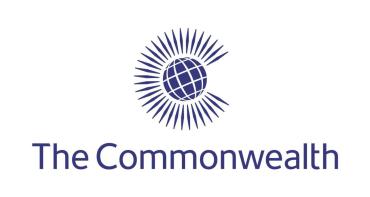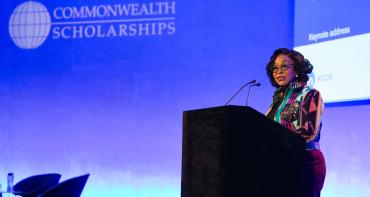Secretary-General Patricia Scotland has outlined her vision to fight corruption in the Commonwealth. She was speaking at the opening of the 8th Commonwealth Conference of Heads of Anti-Corruption Agencies in Africa in Nigeria’s capital, Abuja.

Secretary-General Patricia Scotland has outlined her vision to fight corruption in the Commonwealth.
She was speaking at the opening of the 8th Commonwealth Conference of Heads of Anti-Corruption Agencies in Africa in Nigeria’s capital, Abuja.
The theme for this year’s conference is ‘Partnering towards assets recovery and its return’, and the Secretary-General highlighted the challenges facing member states.
“Globally, we are facing a tsunami of corruption. In 2015, UNODC estimated that the amount of money laundered globally each year is 2 to 5 per cent of global domestic product or between 800 billion and USD 200 trillion,” said Secretary-General Scotland. “It is estimated that corruption costs the African continent over USD 148 billion per annum.
“You, the heads of anti-corruption agencies, will be seeking to meet this challenge. You are leading the fight against this Tsunami. You are the early warning mechanisms, the rapid responders, mobilisers, you put in place necessary, critical measures that enable us to build back better.”
To applause from two of the country’s former heads of state, the vice-president of Nigeria, Yemi Osibanjo, Thabo Mbeki, the former South African leader, and 200 delegates to the conference, she highlighted some of the successes against corruption in the continent.
“I would like to share a few of the inspiring stories on how you on the continent are beginning to win the battle against corruption,” continued the Secretary-General. “Botswana’s Directorate on Corruption and Economic Crime is currently investigating 26 suspects who are accused of money laundering and fraud to the tune over 300 million pula, which is equivalent to USD 85 million.
“The Asset Recovery Unit of Uganda’s Inspectorate of Government is currently investigating three cases to the value of USD 5 million dollars. In Mauritius, the Asset Recovery Investigation Division is pursuing criminal proceedings in a case that is valued at about half a billion dollars.
“South Africa’s Special Investigations Unit which, between 2015 and now, has recovered assets or prevented fraud equivalent to 13 billion rand which is just over USD 1 billion dollars. Here in Nigeria, over USD 3 billion dollars of ill-gotten gains have been recovered.
“I would like to put on record my deepest admiration and gratitude for all anti-corruption agencies gathered here today, including those at the forefront of cases I have just highlighted.”
Secretary-General Scotland said the Commonwealth owed ‘immense gratitude’ for the wisdom and leadership of President Muhammadu Buhari of Nigeria. She described as ‘excellent and forthright’ the work being carried out by Nigeria’s Economic and Financial Crime Commission (EFCC) under the leadership of its acting-chair, Ibrahim Magu, and applauded the efforts of Professor Bolaji Owasanoye and his team at the Presidential Advisory Committee Against Corruption (PACAC).
The Secretary-General also encouraged delegates to read last month’s Commonwealth Heads of Government (CHOGM) communique which resolved to tackle corruption, illicit financial flows, money laundering and terrorist financing by intra-Commonwealth cooperation. She also urged them to study the newly launched Commonwealth Innovation Hub and make best use of the Commonwealth Office of Civil and Criminal Justice Reform (OCCJR).
“The Office is currently working with the British Standards Institute and the Global Infrastructure Anti-Corruption Centre on a package of Commonwealth Integrity benchmarks.
“The plan is for the benchmarks package to include a summary of requirements for key anti-corruption standards and commitments, with Commonwealth examples of good practice on implementation and enforcement,” said the Secretary-General. “Initial elements of the package will be presented during this conference, and feedback and recommendations from participants will be most valuable.
“I believe that the development and roll-out of a Commonwealth Integrity Index will act as a further weapon in our armoury to tackle this global tsunami. By doing so, we truly are working and acting towards the goal which I have so often enunciated.”
Secretary-General Scotland said that there would be a formal process of consultation with member countries to take all views into account. She anticipated that the benchmarks package could be presented for adoption in Rwanda at CHOGM 2020.



